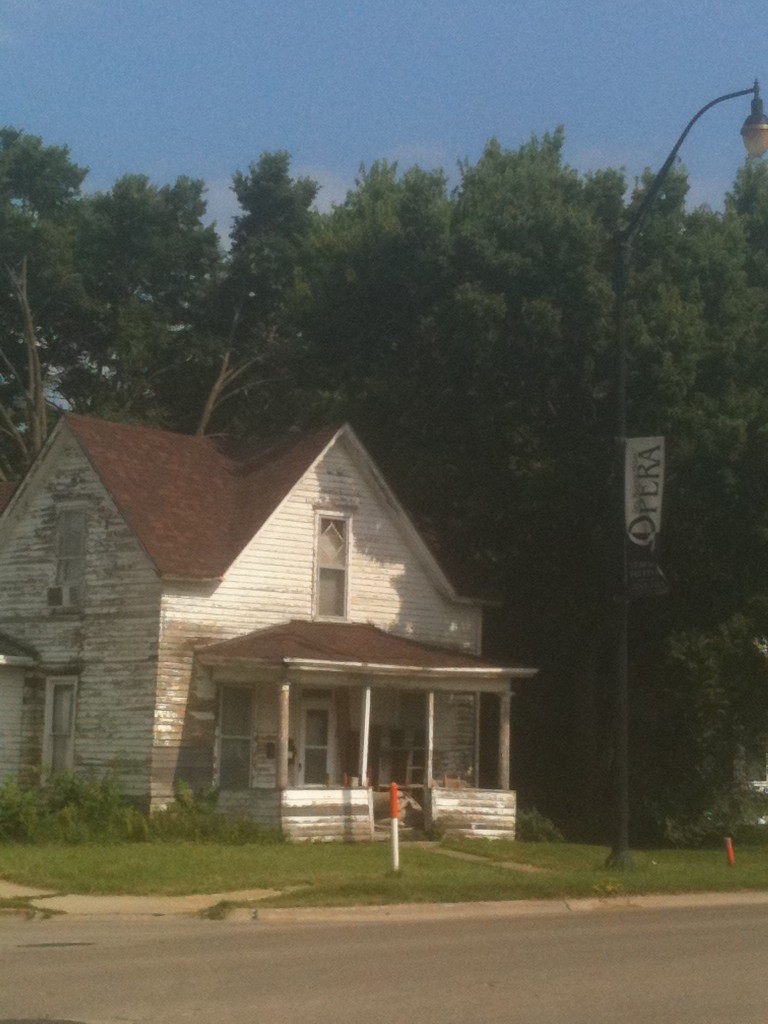One of the thrilling parts in my operatic journey is experiencing for myself a phenomenon that I have either read or been told about. Hearing how a composer’s music impacted an individual, or the way that a revered artist created an unforgettable effect, I find myself quietly hoping that these stories will one day become my own. With that knowledge in mind, it is a special pleasure when, while seating in the auditorium, the heart suddenly opens and rushes an excited message to the brain: “THIS magical thing is actually happening, and I am conscious of it as it is occurring.” Coupled with the realization that every great composer has a unique musical language, able to potentially unlock a special part of your heart, it is no surprise that some people such as myself become obsessed with this wonderful, generous art form. This is exactly what happened to me after attending performances of Poulenc’s Dialogues des Carmelites at the Des Moines Metro Opera last week. Prior to these performances, my experience with Poulenc had been (to my embarrassment) restricted to several samplings of his inventive songs in the recital hall. Thus, the Des Moines Metro Opera performances of July 13 and 15 marked the first times that I have witnessed a stage production of this work, and I found myself moved in the way that I had been alerted I would be: I felt cleansed. Poulenc’s musical expression served as a palate cleanser between rounds of operatic courses, absolving me all from the sinful operatic e-flats and excessive roulades that I may have picked along the way by systematically emptying his brand of pure, refreshing music over the soul, washing it clean with purity and lightness.
Monthly Archives: July 2011
Revolutionary Fears: Anticipating Des Moines Metro Opera’s production of Poulenc’s Dialogues des Carmelites.
This season, the Des Moines Metro Opera presents Francis Poulenc’s opera “Dialogues des Carmelites”. Though the opera has been hailed as one of the few true operatic masterpieces of the 20th century, it is not staged as often as expected. The work has no memorable tunes, requires a large cast, and asks for a great deal of emotional commitment from its audience. In these hard financial times, it does not stick out as the most obvious choice for planning an operatic season. However, if the reviews of the first night performance are to be trusted, the company’s gamble appears to have been well worth it.

